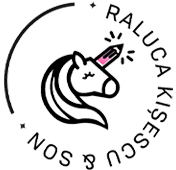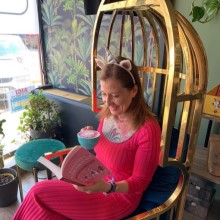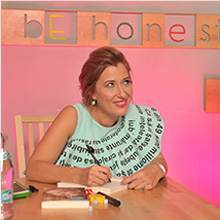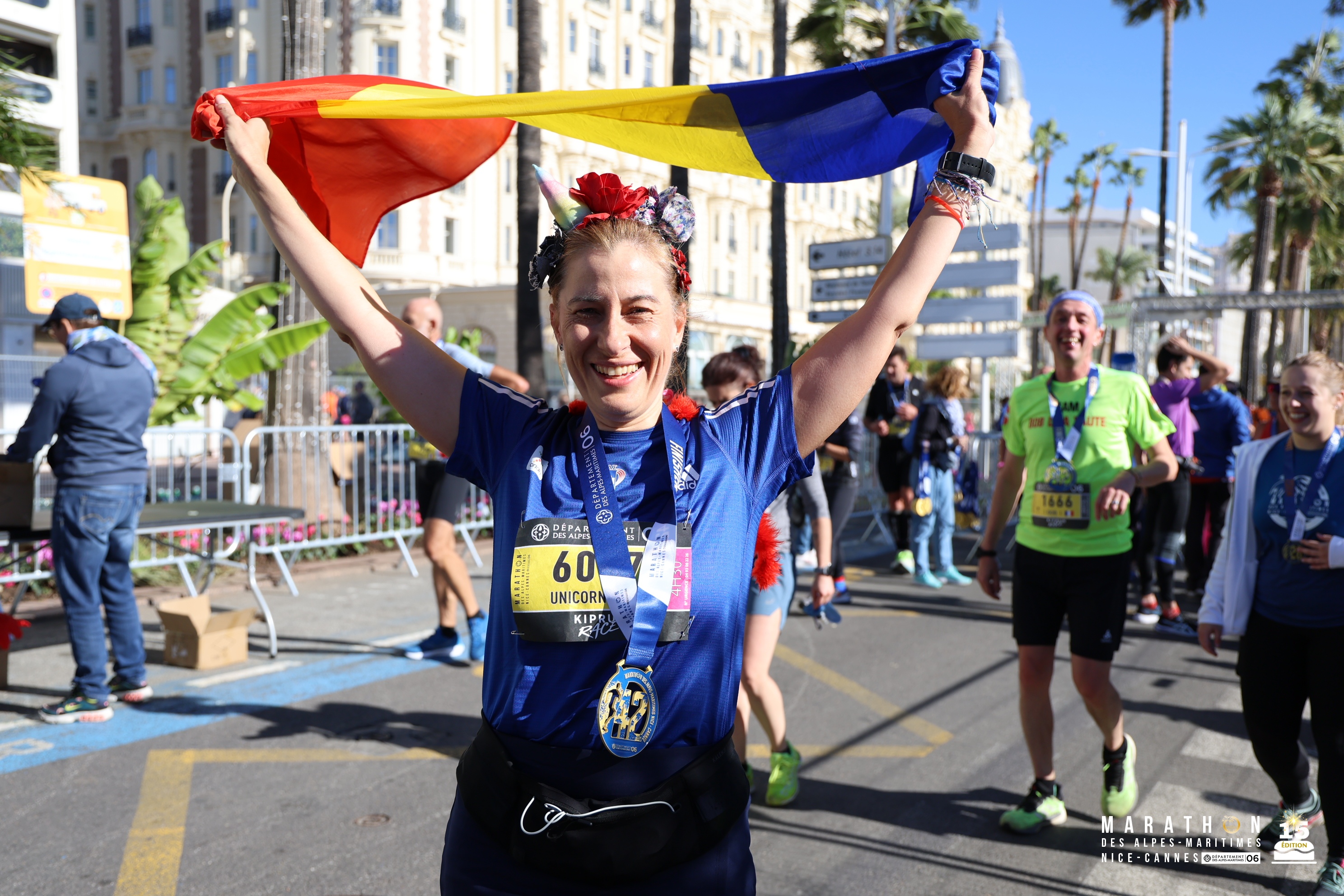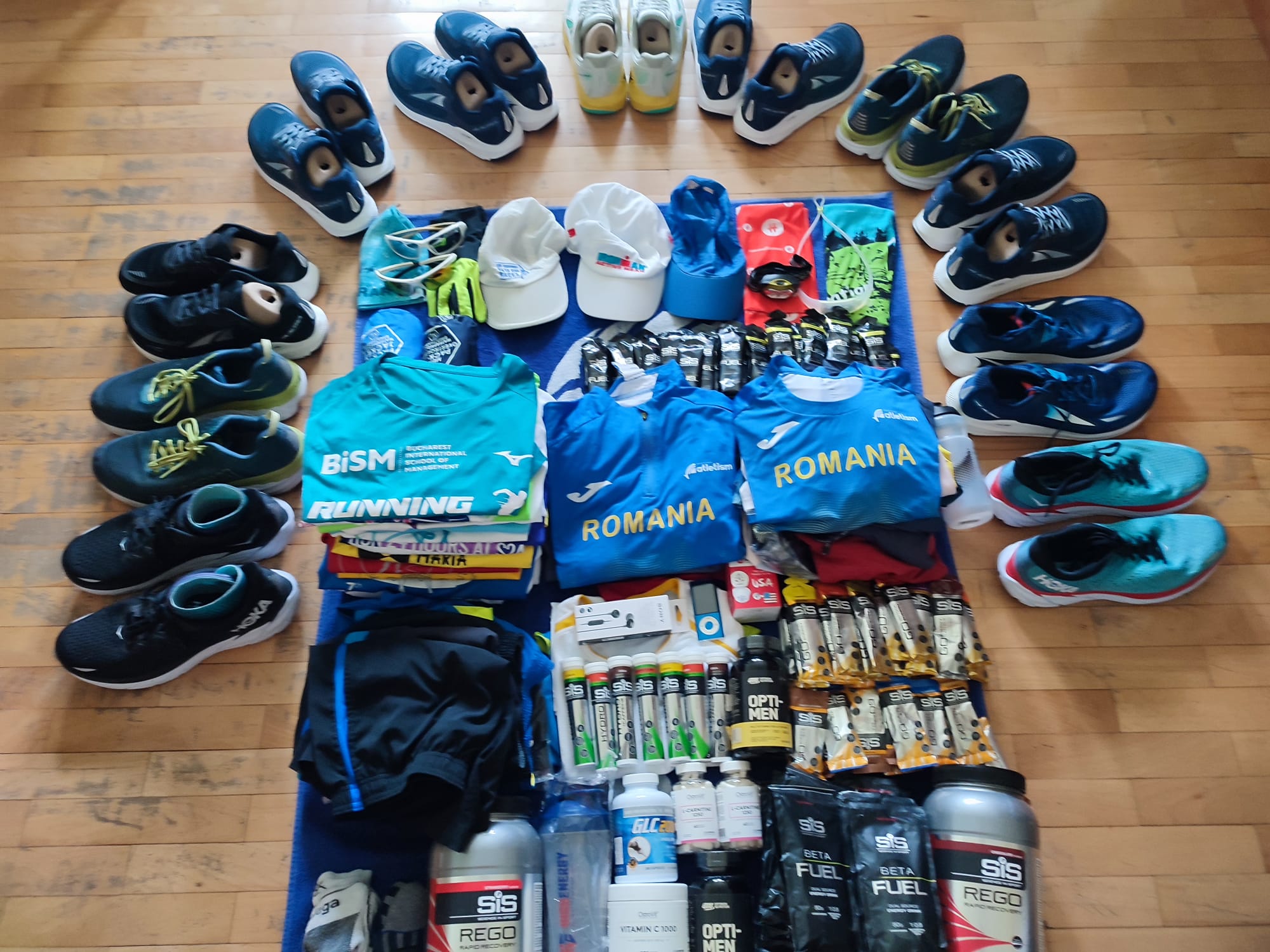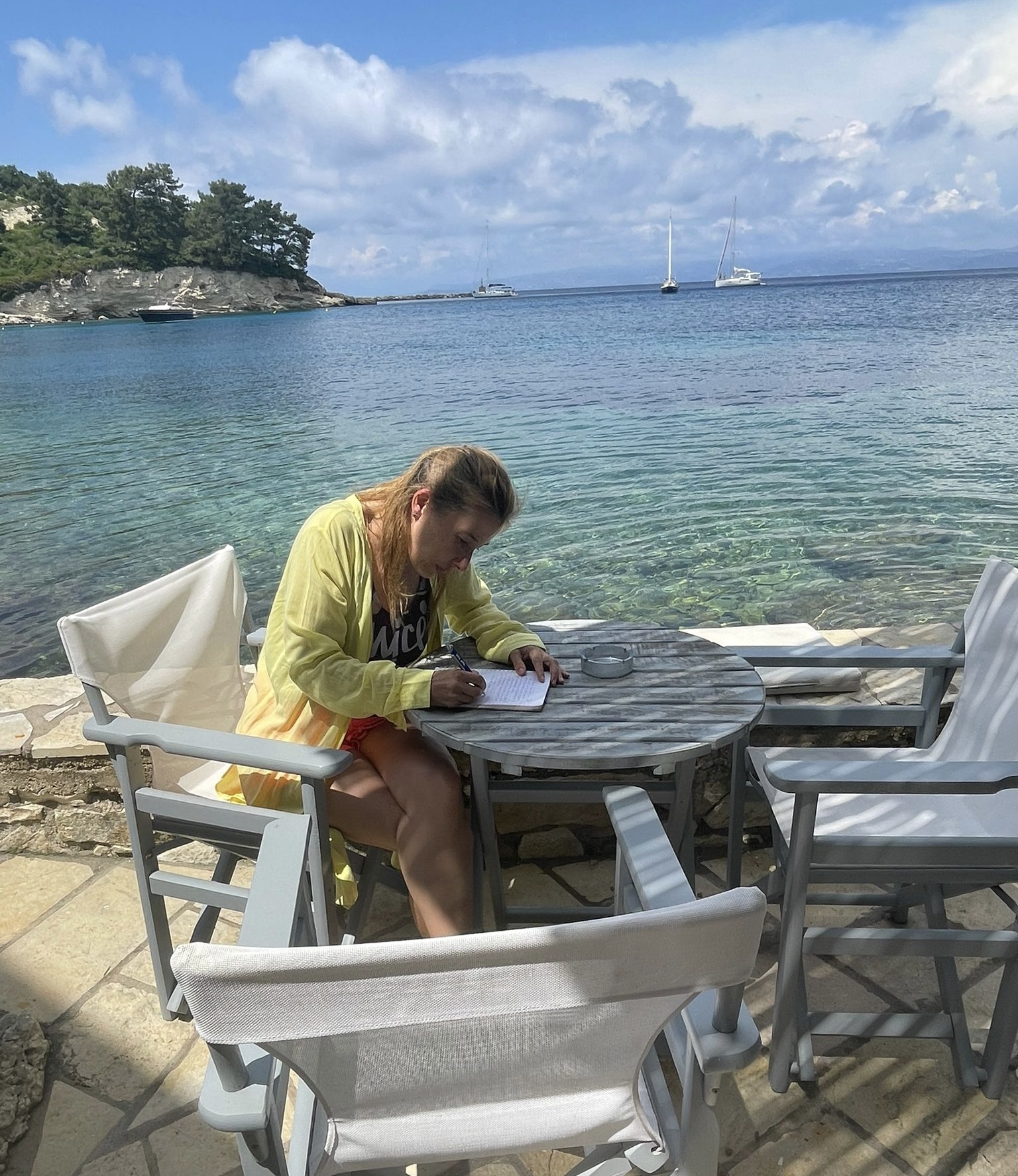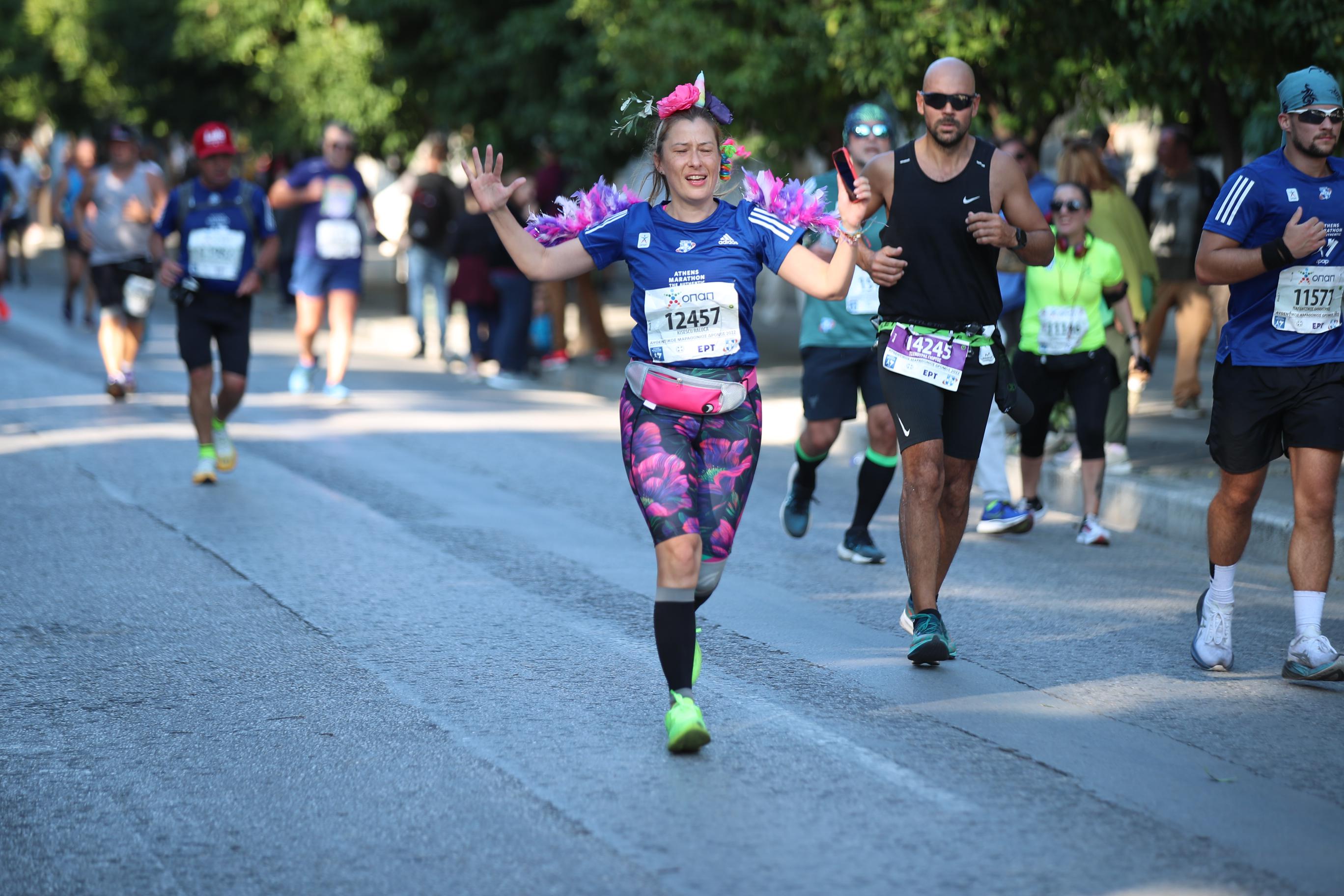The oldest and the youngest: speak to one another about future(s)!


As of January 2019 I am back - this time as a professional - to teaching.
First time I did it when I was a student and earned my pocket money teaching English grammar and vocabulary (sometimes literature) to youngsters. Second time I did it as a complimentary business activity to my management consultancy and training services and it was no longer about either grammar or literature, but about business acumen that could be transferred to teens in their own vocabulary and understanding.
Compared to adult audiences, teens aged 12 to 18 have zero tolerance to bullshit, therefore you can not preach many theoretical things and expect them to nod their heads. Compared to the generation I was teaching English twenty and something years ago, they are more self-aware, more informed and therefore, more demanding. With the current digitalisation, globalisation and lack of future predictability, which would be the knowledge or competencies that I could help them gain along with their formal education?
One of the classes from this term is about leadership skills in times of a pandemic.
This is how I bumped into Frances Hesselbein*, a non-typical American business woman and the oldest active CEO and Mircea Miclea**, a non-typical Romanian psychologist and the youngest head of department from the history of Babeș-Bolyai University.
Frances Hesselbein grew up in Pennsylvania, among families drawn by steel mills and coal mines. She is the oldest active CEO – at 104 years old – and who, as a child, lived through the 1918 Influenza pandemic. In fact, she only had four professional positions, all president or CEO, and never applied for one. At the age of seventeen, after loosing her father, being the oldest of three, she started working as an adman’s assistant at the Penn Traffic Company department store to support her family, despite her dreams of a bookish life as a playwright. Soon she got married and had a son. Her husband was a photographer and she was his creative helper. When she was thirty-four, a prominent woman in her community stopped by her home and asked her to lead Girl Scout Troop 17 as a volunteer. After turning down three times the proposition, she agreed to stand in for six weeks, until a real leader was found. She ended up staying for eight years.
She was in her mid forties when she left the country for the first time, for an international Girl Scout meeting in Greece. Other countries followed and this was how she realized she loved volunteering. She was then asked to chair the local United Way campaign at a time when this was not considered a job for a woman. That year, her little Johnstown, Pennyslvania, had the highest per capita giving of any United Way campaign in the country. When asked to work as a professional - not a volunteer - for Girl Scout’s local council (one of the 335 around the country) in a time when they faced serious financial trouble, she said she would do it for six months only. In fact, at the age of 44 she began what she calls her first profesional job. She stayed for four years.
On July 4, 1976, Hesselbein arrived in New York as the CEO of a three-million-member organization that is Girl Scouts. From running one of the 335 councils, she was chosen to run all of them. This is what she did differently versus her previous peers:
- diversity and inclusion - instead of one standard handbook for everyone, four books for each specific age group to address everybody
- organizational effectiveness - instead of hierarchical leadership, she favored “circular management”. Rather than placing people on a ladder, she placed them as beads on concentric bracelets, with multiple contacts, so that they could advance ideas from local councils towards the national decision makers at the center
In 13 years of tenure:
- minority membership tripled
- membership grew with 250,000 new members
- number of volunteers increased with more than 130,000 people
- cookie business grew to more than $300 million a year
When she retired in 1990, Peter Drucker proclaimed her the best CEO in the country. But this was not the end of her career, it was just the beginning! Immediately after her retirement from the CEO position of Girl Scouts, the chairman of the Mutual of America insurance company called her to ask when she could come see her new office on Fifth Avenue (she was already on the board, but they wanted her in-house). Today she is busy running the Frances Hesselbein Leadership Institute.
When asked about the kind of training that prepared her for leadership she said that she did whatever seemed like it would teach her something and allow her to be of service at each moment. With every context of her life, she acquired a new skill, a new understanding and was not biased by a previous relevant background as she did not have any. She keeps saying at 104 that “You need to carry a big basket to bring something home” and “I never envisioned”. Her mind is a unique combination of deep wisdom, experience of the ages, joy and humor, a lightening quick mental acuity, and a true comprehensive understanding of leadership (without any formal training).
When interviewed by Forbes this spring and asked:
What advice do you have to get through this pandemic?
Hesselbein: Speak with each other.
What do you want most right now?
Hesselbein: I want to get my hair done. It’s usually every Monday.
Mircea Miclea is a professor and director of The Centre for Applied Cognitive Psychology, at Babeș-Bolyai University in Cluj-Napoca, Romania. He holds a PhD in Psychology and a Masters in Business Administration. In 2001, he was named the UNESCO Chair on Higher Education Management and Governance. He was the youngest head of department from the history of Babeș-Bolyai University. He was the Minister of Education and Research from December 29, 2004 to November 10, 2005.
I was listening to an episode of Andreea Roșca’s Vast and Curious podcast, a conversation with Mr Miclea about the abilities that we need to train in order to succeed in such an unpredictable future.
First of all, I loved the idea that, while we have a past and a present, we have more than one future, because nobody, no matter how good is at forecasting, can anticipate precisely how future will look like, therefore, the best we can do is to anticipate more future versions and be flexbile to adjust to the most appropiate one. Consequently, what we need to train is a set of meta-competencies which are a particular type of abilties that help us develop further abilities in accordance with the future version that we will be facing out of many options. These meta-competencies are like a building base out of which more specific skills could emerge. It is again the time to think more broadly than we used to do before. Hyper specialisation is risky, unless it involves competencies that are not easy to be taken by algorithms.
Which are these 4 meta-competencies considering the aspects of digitalisation and globalisation that the world is facing right now?
1. Self-discipline
The discipline of following your deadlines, organizing your time, completing your tasks, doing what needs to be done, not only what you like is critical for any performance, including the school results. There is a double correlation between self-discipline (not imposed) and school performance versus IQ and school performance. According to Angela Duckworth, from a certain IQ level above, the difference in success tends to be attributed more to self-discipline than to intelligence.
2. Entrepreneurship
The school is teaching us - in the best case scenario - to solve problems, while the entrepreneurship is teaching us to discover problems/opportunities and to benefit from them. It is you who need to discover or invent needs, niches, target audiences. Regardless of the volatility of the future, if you build an entrepreneurial mindset, you will know how to find the niche to perform.
3. Design thinking
Design thinking comes at the crossing between science and art. It is easier to have access now and it will be easier to have access in the future to any scientific data, but the art will be the ability to envision how to mix data in order to create new products and services, new institutions, new processes, new structures. All of the new “designs” need to have high usability. Whoever is able to explore the available scientific information and build valid solutions with high usability will be king or queen:)
4. Autonomy
We are happy today that we can rely on apps to help us find our way to a new address, any kind of statistics and information needed and we are seriously addicted to many apps and their support. Their limitations become our limitations. It is a high risk for our mind to grow itself more and more in the image of the apps we are using. Autonomy means to be able to solve things in the absence of these apps. This is similar to being trained in a survival camp where we are taught how to face tough situations with limited scarce resources.
“Education needs to help build someone’s identity in a significant way, because someone’s identity is at least as important as his employability.”
* courtesy of Range, written by David Epstein
** courtesy of Vast and Curious podcast by Andreea Roșca
P.S. photo credit: Anca Milushev
